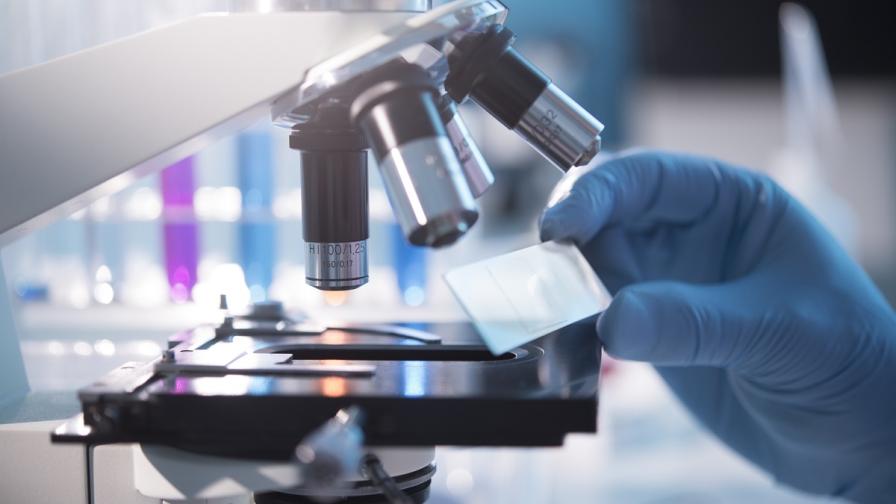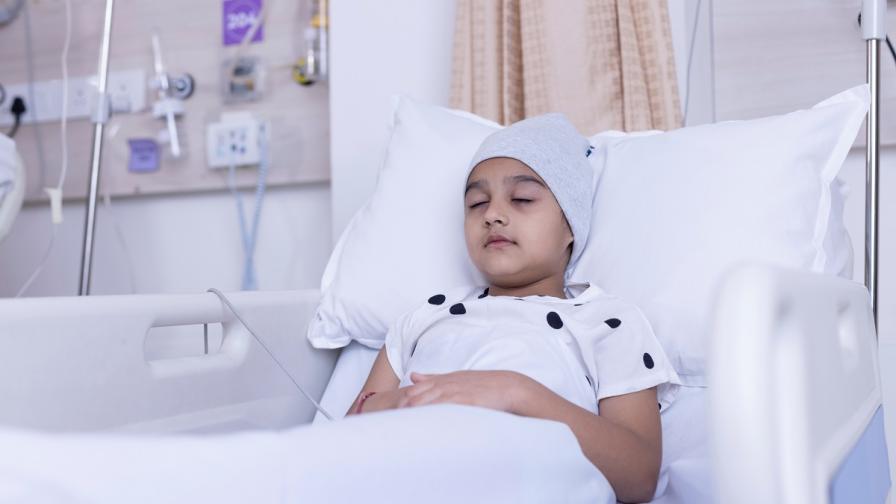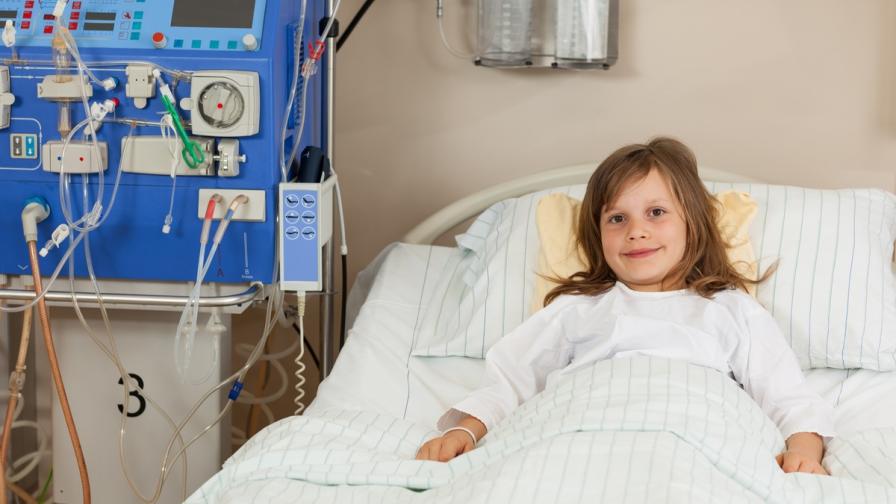
Fighting rare and incurable childhood brain tumours
Diffuse midline glioma is the most lethal form of childhood brain cancer. These tumours are highly aggressive and grow in the midline between the two halves of the brain. Unfortunately, they cannot be removed with surgery and although radiotherapy can temporarily slow down their growth, it is not a cure. The outlook for children is currently very poor – with an average survival of less than a year.
Dr Antonis Pouliopoulos and his team at King's College London aim to develop an innovative and non-invasive approach. This will use gene therapy combined with focused ultrasound to deliver highly targeted treatment, that is personalised to each patient's tumour.
“We hope our results will help pave the way for a future clinical trial in children with diffuse midline gliomas – offering new hope for these desperately ill children and their families,” says Dr Pouliopoulos.

Developing a potential new drug treatment for Krabbe disease
Krabbe disease belongs to a group of over 70 rare inherited conditions known as lysosomal storage diseases. These cause progressive damage to the nervous system. Sadly, there is no cure or specific treatment available – babies born with the most severe form of the condition will not usually reach their fifth birthday.
Dr Helen Waller-Evans of Cardiff University is carrying out laboratory tests to identify potential drug compounds that could help slow down the progression of the disease. She hopes this will ultimately lead to the first treatment for Krabbe disease, which could help improve the lives of children with this devastating condition and their families.
Finding a drug treatment for children with a rare inherited kidney disease
Nephrotic syndrome is a serious and debilitating kidney condition, which mainly affects children. While most respond well to steroid medication, those with steroid-resistant nephrotic syndrome do not. This leads to kidney failure, meaning they will need dialysis or a kidney transplant.
Professor Moin Saleem of the University of Bristol is searching for potential drugs that could help slow kidney damage in children with steroid-resistant nephrotic syndrome. “We hope this project will ultimately lead to new treatments that will transform the outlook for many of the children who don’t respond well to existing medications,” he says.

Customised face masks for children with facial differences who need breathing support
Over 2,000 children in the UK currently need non-invasive ventilation to support their breathing at home – and for most, this will be a lifelong need. But ‘off the shelf’ face masks are often a poor fit for children, especially those with facial differences. This can cause them to need to have invasive ventilation instead, which is generally more challenging for families to manage.
Dr Connor Myant at Imperial College London aims to deliver a fully automated process to design and produce customised face masks. He hopes this will lead to well-fitting masks becoming more readily available for all children with facial differences – improving the effectiveness of non-invasive ventilation and enhancing quality of life.
This project is also supported by a generous grant from the VTCT Foundation.
